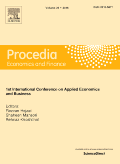 An article has been retracted from a proceedings of an economics conference after the publisher identified errors in several parts of the study.
An article has been retracted from a proceedings of an economics conference after the publisher identified errors in several parts of the study.
The retraction follows criticism from a Romanian blogger, who contacted the journal about several issues, and posted communications she received about the paper, “Sustainability of Social Enterprises: A Discourse Analysis.” It was part of a volume of Procedia Economics and Finance from a 2014 conference, “Economic Scientific Research – Theoretical, Empirical and Practical Approaches,” also known as ESPERA 2014.
According to the paper, peer review was
under responsibility of the Scientific Committee of ESPERA 2014.
Apparently, the peer review process missed a few errors. The retraction note explains:
Continue reading Economics paper retracted due to “extensive changes”
 An education journal is pulling a 2014 paper about how US funding partnerships in Africa could alleviate local poverty, after the author admitted to mistakenly lifting sentences from work presented at a 2012 conference.
An education journal is pulling a 2014 paper about how US funding partnerships in Africa could alleviate local poverty, after the author admitted to mistakenly lifting sentences from work presented at a 2012 conference.

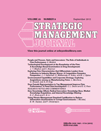 A
A 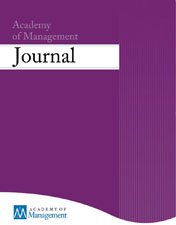 The author of a paper that looked at how the geographical spread of research and development sites has impacted innovation has posted a four-page list of corrections that fixed “empirical anomalies” in the paper.
The author of a paper that looked at how the geographical spread of research and development sites has impacted innovation has posted a four-page list of corrections that fixed “empirical anomalies” in the paper.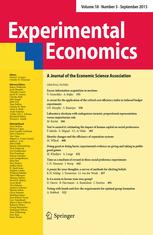
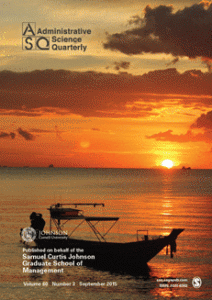 It may not be much of a surprise that narcissistic CEOs of pharmaceutical companies will make bold choices, such as adopting radically new technology. That idea remains true, despite a lengthy correction to a paper that supports it.
It may not be much of a surprise that narcissistic CEOs of pharmaceutical companies will make bold choices, such as adopting radically new technology. That idea remains true, despite a lengthy correction to a paper that supports it.
